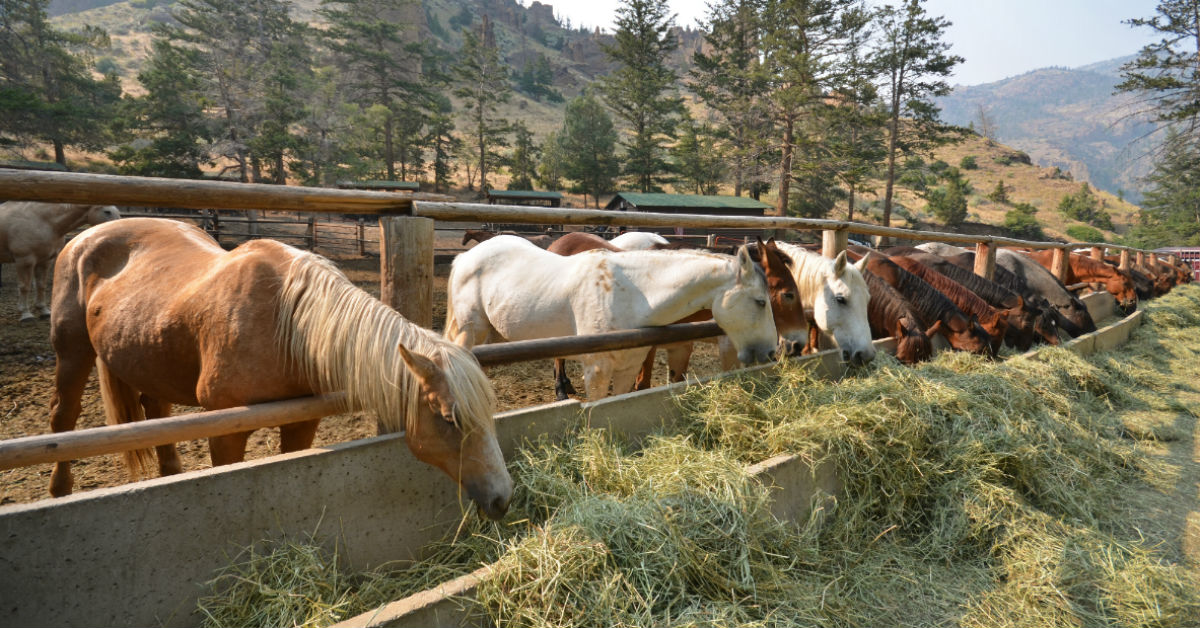Troubled teens are committing crimes at an alarming rate. According to the Center for Disease Control (CDC), approximately 13% of violent crime arrests and 22% of property crime arrests were people who were under the age of 18. In 2010, there were 784 juveniles arrested for murder, 2,198 were arrested for forcible rape, and 35,001 were arrested for aggravated assault. Troubled teens are at risk of facing serious time in jail. Parents can help. We can reduce the number of teen arrests. We can do it by placing them at a working ranch.
What Is a Working Ranch?
A working ranch is a therapeutic environment. It is a ranch with horses and cattle that need a lot of work to care for every single day. Residents of the ranch will have responsibilities. There are consequences for not completing tasks. The work part of the ranch is important. It gives teens purpose in life, and this can help them feel empowered. This increases their self-confidence, which can lead them to much more success in the future.
In addition to the work of the ranch, there are other therapeutic activities. For example, there are counselors who will tap into the underlying issues that have been causing the troubled behaviors. These counselors are experienced in helping teenagers with mental illness, substance abuse, peer pressure, and low self-esteem. Through individual and group counseling, teens are able to understand themselves better, and know how to handle inner turmoil.
Academics are continued while staying at the ranch. Teens will work at their educational level, so they are not behind when they return home. Tutors are available and class sizes are much smaller than in traditional public schools. This means students receive the attention they need and deserve to excel and feel better about themselves because of it.
How It Helps Keep Teens Out of Jail
Troubled teens need much more help than the community and even parents can handle. They need a different environment to figure out their issues. Teenagers need a specialized program that will address their behavior and actions, and help them see that they are not beneficial to their life. In jail, they do not receive that type of support. Many teens who go to jail (or juvenile detention) simply wait until they are released. When they reenter society, they have the same beliefs as they did before being arrested. This often times leads them back to the activities that got them into trouble, which is why recidivist rates are high.
Troubled teens do not need jail. They need therapy, so they can become responsible, productive members of society. This could be what saves your troubled son from a troubled life.











0 Comments